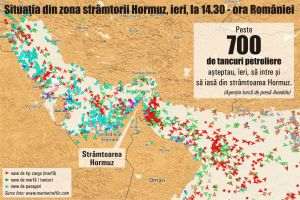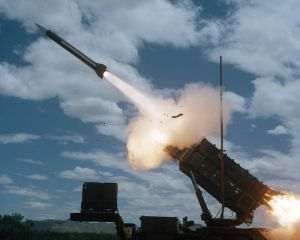Antarctica, one of the most isolated and fragile regions on the planet, faces a new threat: the arrival of non-native marine species and marine pollution from other continents in the southern hemisphere. These risks are highlighted by a new study published in the journal Global Change Biology, which suggests that Antarctica's unique ecosystems could suffer significant changes as a result of these invasions. Until recently, scientists believed that non-native species arrived in Antarctica only from remote, unpopulated islands in the Antarctic Ocean. However, recent research indicates that these species can reach Antarctic coasts from various parts of the southern hemisphere, including the southern continents. These non-native species, carried by floating objects such as kelp (a large seaweed), driftwood, pumice stone or even plastic waste, have the potential to destabilize the fragile ecosystems of Antarctica. The alga Durvillaea, an example of a kelp, can measure over 10 meters in length and creates forest-like habitats for a variety of small animals, which it carries with it on its travels. If these species become established in Antarctica, they can cause dramatic changes in the structure and functioning of local marine ecosystems.
• Tracking floating hazards
The researchers used advanced oceanographic modeling to simulate the movement of floating objects towards Antarctica, based on surface current and wave data from 1997-2015. The results were alarming: floating objects reached the coast of Antarctica in every year of the simulation. This "constant bombardment" of floating material - whether it's kelp or plastic bottles - is a constant threat to local ecosystems. Most of these objects were deposited at the tip of the Antarctic Peninsula, a region with relatively warm ocean temperatures and where ice is often absent. This region thus becomes a vulnerable point, favorable for the establishment of non-native species.
• The pack ice, the last line of defense
Antarctica's ice sheet has played a crucial role in protecting the continent from biological invasions, acting as a natural barrier preventing non-native species from establishing. However, research points to the fact that the size of the ice sheet has shrunk dramatically in recent years. If this trend continues, Antarctica could become much more vulnerable to colonization by non-native species, with potentially devastating consequences for local biodiversity. The study underscores the urgent need to monitor and protect Antarctic ecosystems in the face of these emerging threats. As the global climate warms and human activity continues to impact the natural environment, the risks to isolated and delicate regions like Antarctica grow exponentially. Protecting this unique continent requires increased international cooperation and proactive measures to prevent biological invasions and reduce marine pollution, thereby ensuring the conservation of Antarctica's biodiversity and ecological functions for future generations.

















































